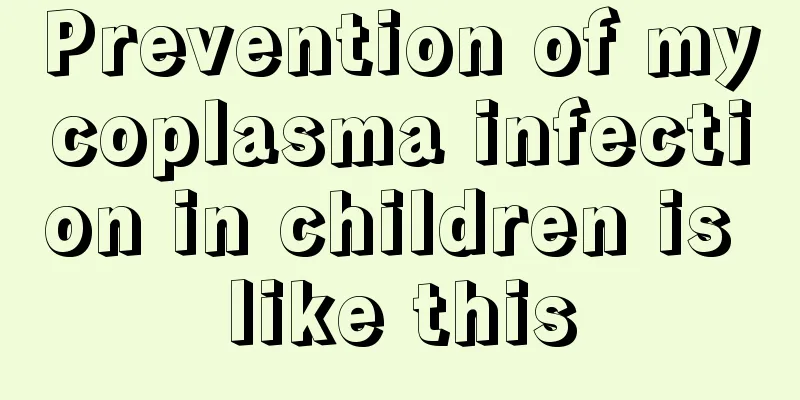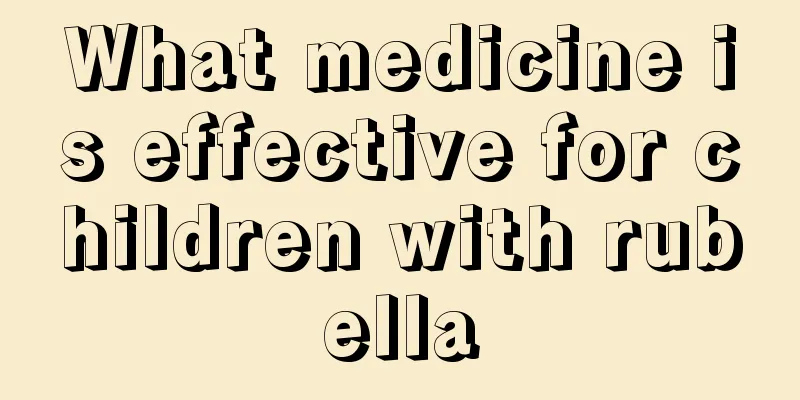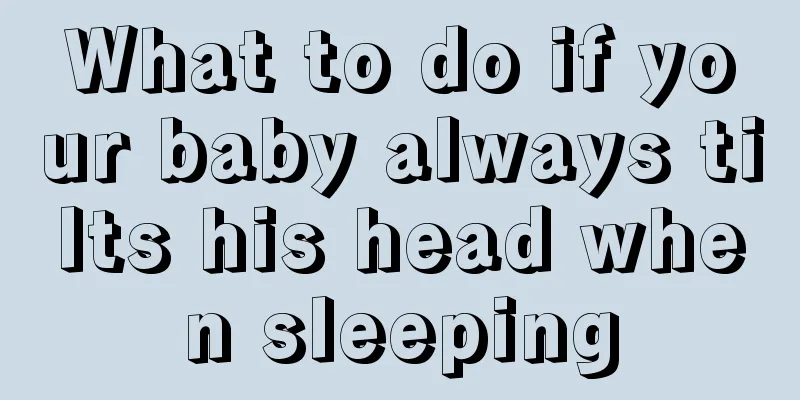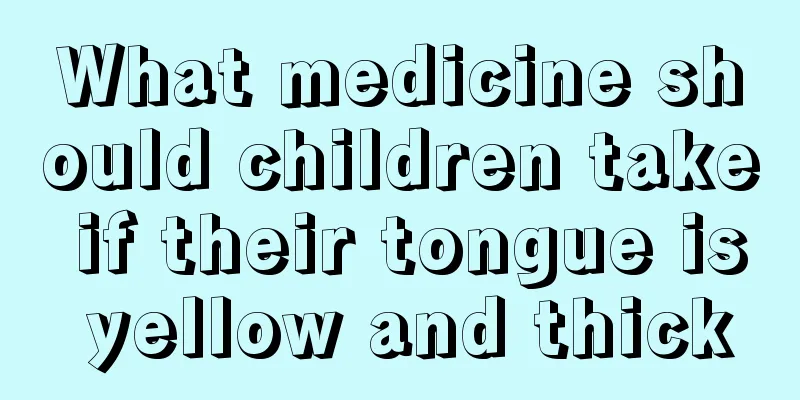What to do if your child has a cold or cough in summer
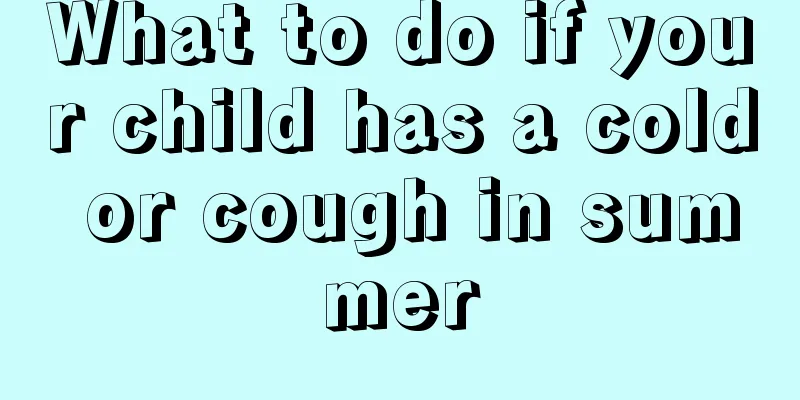
|
In the summer, the temperature indoors is relatively cool when the air conditioner is on, while the temperature outside is too hot. This temperature difference is most likely to cause people to catch a cold. Especially children’s immunity is much weaker than adults, so they are more likely to catch colds. Children usually develop coughing symptoms when they catch a cold, so this must attract the attention of parents. So what should we do if our children have a cold and cough? What to do if you have a cold, runny nose, or cough in summer 1. Children’s colds are mostly caused by cold, so parents must observe carefully and touch their baby’s hands at any time. If your baby's hands are cold, it means he has caught a cold. You should add clothes in time and let him drink more warm water. If your baby's hands are still not warm, take the following measures in time: ① Babies under 1 year old should drink brown sugar water. Brown sugar water is warm in nature and can dispel cold. ② For babies over 1 year old, add a piece of ginger the size of a one-yuan coin to the brown sugar water, and cut into two slices for babies over 3 years old. ③ Before going to bed at night, soak your baby’s feet in warm water until the baby’s forehead sweats slightly. After soaking your feet, drink more warm water and go to bed as early as possible. ④ After going to bed, you can rub your baby's back up and down through the clothes. Rubbing the back to warm it up can also help prevent colds. If your baby has a mild nasal congestion, you can rub his little ears until they turn red, which is also very effective in treating nasal congestion. What should I do if my baby has a cold? What are the complications of a baby cold? If acute upper respiratory tract infection is not treated promptly, it can cause many complications, especially in infants and young children. Complications can be divided into three main categories: 1. The infection spreads from the nose and pharynx to nearby organs. The more common ones are acute conjunctivitis, sinusitis, stomatitis, laryngitis, middle ear and cervical lymphadenitis. Others such as retropharyngeal wall abscess, peritonsillar abscess, maxillary osteomyelitis, bronchitis and pneumonia are also not uncommon. 2. Pathogens spread throughout the body through the blood circulation. When bacterial infection is complicated by sepsis, it can lead to purulent lesions such as subcutaneous abscesses, empyema, pericarditis, peritonitis, arthritis, osteomyelitis, meningitis, brain abscesses and urinary tract infections. 3. Due to the influence of allergic reaction of infection on the body, rheumatic fever, nephritis, myocarditis, hepatitis, purpura, rheumatoid disease and other connective tissue diseases may occur. |
<<: My child coughs every time he catches a cold
>>: What is the most effective way to treat children's colds and coughs in summer
Recommend
Is it good for children to eat too much honey?
Although honey has high nutritional value, it is ...
Six month old baby crying at night
When babies are young, due to their obvious mood ...
What to do if your baby keeps crying
It is very common for babies to cry. If a baby ha...
What causes white spots on children's teeth?
Some parents find a phenomenon when taking care o...
What to do if your child has precocious puberty?
Many young children have problems with precocious...
Why is it that my baby has only one tooth?
As the baby grows, the nutrients accumulated in t...
What should I do if my child doesn’t like to communicate?
Communication is a way of conveying information b...
Why do children often have headaches?
There are many reasons for headaches, and the deg...
What can children eat to get better quickly from coughing?
I believe that everyone has experienced the tortu...
What causes inguinal hernia in children?
Inguinal hernia is the most common disease in ped...
Some issues about adenoids hypertrophy in children
Glandular hypertrophy in children is a common dis...
Why do premature babies have cold hands and feet?
It is common for premature babies to have cold ha...
Why is my child short of breath?
When we are exercising, we will definitely encoun...
Is it good for babies to drink honeysuckle dew?
Honeysuckle dew is actually very common in our da...
What to do if your child has poor liver function
If a child's liver function is not good, the ...
